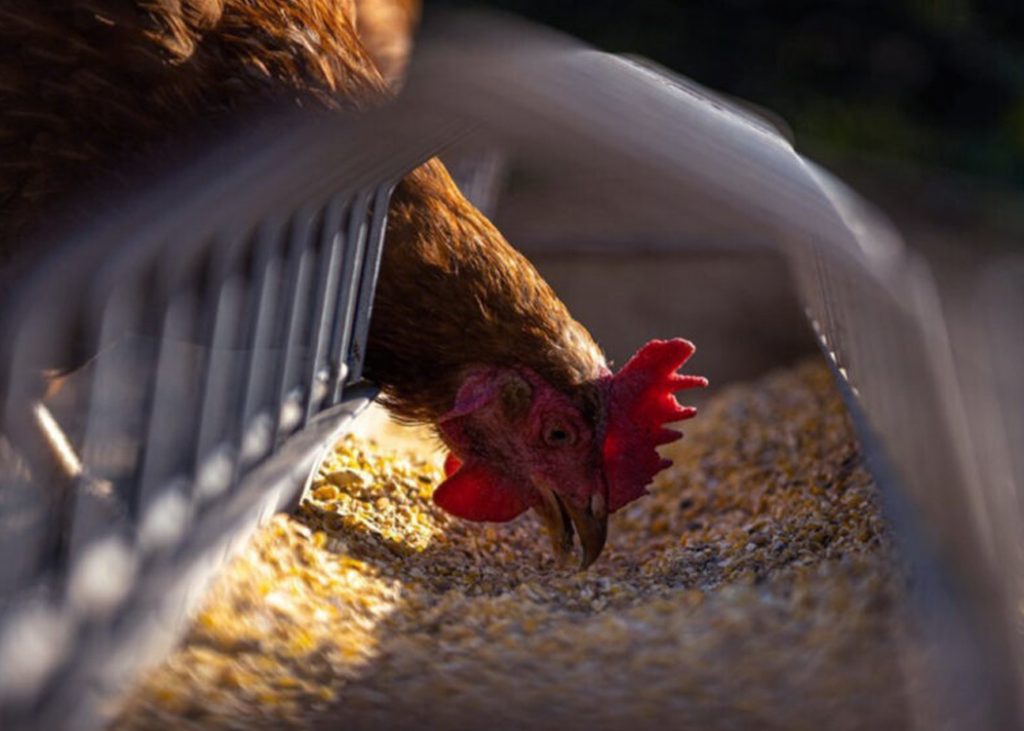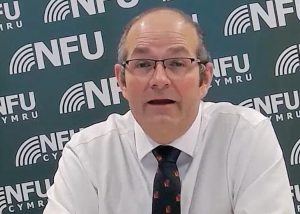
AVN Monitoring Desk
In a recent statement, an anonymous British farmer has raised critical concerns regarding the mounting pressure from auditing assurance companies and the influx of imported chicken products into the UK.
The farmer, sharing his thoughts with the wider agricultural community, pondered the challenges faced by the farming industry, particularly the growing influence of auditing assurance companies.
While acknowledging the importance of elevating industry standards, he expressed dissatisfaction with the perceived lack of involvement and support for farmers from these companies.
He stressed the need for a more collaborative approach, with farmers actively engaged in the process, considering the financial burdens they bear to meet these standards.
The tension between farmers and auditing assurance companies is exemplified in recent cases such as the Red Tractor environmental module and the RSPCA’s new standards for egg units. The farmer pointed out significant industry pushback due to concerns about additional expenses, questioning whether customers would be willing to pay a 20pc premium for eggs, given existing price pressures.
To address these challenges, the farmer suggested that auditing assurance schemes should learn from the European Commission’s successful introduction of welfare standards for laying hens. Despite initial resistance, the standards gained industry acceptance through collaboration and justification to both farmers and consumers.
Another significant issue raised by the farmer is the chicken products imports into the UK. He shared an image of Ukrainian chicken labeled as “not suitable for freezing” being sold in Spar, raising concerns about the potential impact on local poultry production if frozen imports become a new trend.
The farmer, however, expressed satisfaction with the increasing sales of Oakham Gold, offering hope for the agricultural sector.
As the festive season approaches and 2024 looms, this farmer’s reflection serves as a reminder of the challenges and opportunities in the British farming industry, calling for a balanced approach to improving standards, ensuring the sustainability of local agriculture, and vigilance regarding the quality and origin of imported food products.





